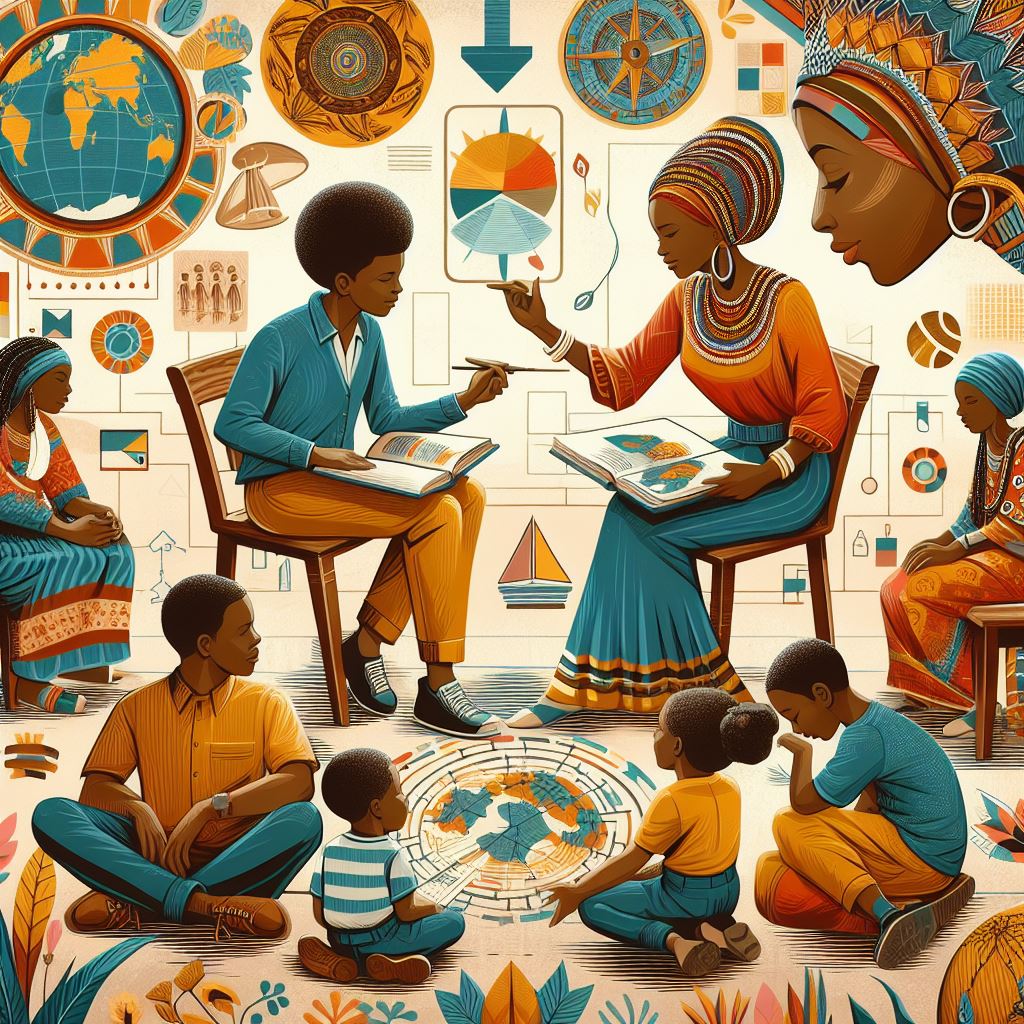Martin Buber, a prominent philosopher of the 20th century, emphasized the significance of personal relationships built on trust and hope in the realm of teaching and learning. His philosophy centered around the concept of “I-Thou” relationships, emphasizing genuine human connections characterized by mutual respect and understanding. This essay delves into Martin Buber’s ideas regarding education and explores how his emphasis on personal relationships can profoundly impact teaching and learning practices.

Martin Buber’s Philosophy
Martin Buber’s philosophical framework revolves around the concept of dialogue and relationality. Central to his philosophy is the distinction between two modes of relationship: “I-Thou” and “I-It.” In an “I-Thou” relationship, individuals encounter one another as unique beings, acknowledging each other’s subjectivity and engaging in authentic, reciprocal dialogue. On the other hand, an “I-It” relationship is characterized by objectification, where individuals perceive others as mere objects or means to an end.
According to Buber, genuine human existence unfolds within the context of “I-Thou” encounters, where individuals recognize and affirm each other’s humanity. These encounters foster interconnectedness, empathy, and a sense of shared meaning. Buber’s philosophy underscores the transformative power of authentic relationships in shaping human experience and facilitating meaningful interactions.
The Role of Personal Relationships in Education
Building on his philosophical framework, Martin Buber advocated for the integration of personal relationships into educational practices. He believed that teaching and learning should not be transactional interactions but rather meaningful encounters characterized by trust, empathy, and genuine engagement. Buber envisioned classrooms as spaces where educators and learners come together in dialogue, fostering mutual respect and understanding.
In Buber’s view, the educator’s role extends beyond imparting knowledge; it involves fostering authentic connections with students based on empathy and care. Educators who approach teaching from an “I-Thou” perspective strive to understand their students’ unique perspectives, experiences, and aspirations. By acknowledging students as individuals with inherent dignity and worth, educators create an environment conducive to learning and personal growth.
Trust and Hope in Education
Central to Buber’s philosophy of education is the cultivation of trust and hope within the learning environment. Trust serves as the foundation of meaningful relationships, fostering open communication, collaboration, and emotional safety. In an atmosphere of trust, students feel empowered to express themselves authentically, take risks, and engage in critical inquiry.
Moreover, Buber emphasized the importance of instilling hope in educational settings. Hope inspires optimism, resilience, and a sense of possibility, motivating learners to pursue their goals and aspirations. Educators who embody hope in their interactions with students foster a positive learning environment where curiosity and creativity thrive.
Implications for Teaching and Learning Practices
Buber’s philosophy has significant implications for teaching and learning practices, urging educators to prioritize personal relationships and authentic dialogue in educational settings. Here are some ways in which Buber’s ideas can inform pedagogical approaches:
1. Emphasizing Dialogue and Collaboration:
Buber encourages educators to create opportunities for meaningful dialogue and collaboration in the classroom. By fostering open discussions, group activities, and cooperative learning experiences, educators promote mutual respect and understanding among students.
2. Valuing Student Voice and Agency:
In line with Buber’s emphasis on relationality, educators should value and amplify students’ voices within the learning process. Providing opportunities for student-led inquiries, projects, and discussions empowers learners to take ownership of their education and contribute meaningfully to classroom dynamics.
3. Nurturing Emotional Intelligence:
Buber’s philosophy underscores the importance of emotional intelligence in fostering authentic relationships. Educators can incorporate activities and reflections that promote self-awareness, empathy, and emotional regulation, laying the groundwork for empathetic communication and interpersonal connection.
4. Creating a Culture of Trust and Support:
Building a culture of trust and support is essential for cultivating positive relationships in educational settings. Educators can establish clear expectations, demonstrate consistency and fairness, and provide constructive feedback to foster a sense of safety and belonging among students.
5. Fostering Hope and Resilience:
Buber’s emphasis on hope highlights the transformative power of optimism and resilience in the face of challenges. Educators can nurture hope by fostering a growth mindset, celebrating progress and achievements, and providing encouragement and support to students as they navigate their educational journey.
Martin Buber’s philosophy underscores the profound impact of personal relationships based on trust and hope in the realm of teaching and learning. By prioritizing authentic dialogue, empathy, and mutual respect, educators can create learning environments that foster meaningful connections and empower students to thrive. Buber’s ideas serve as a reminder of the humanistic essence of education and the transformative potential of genuine relationships in shaping the educational experience.
